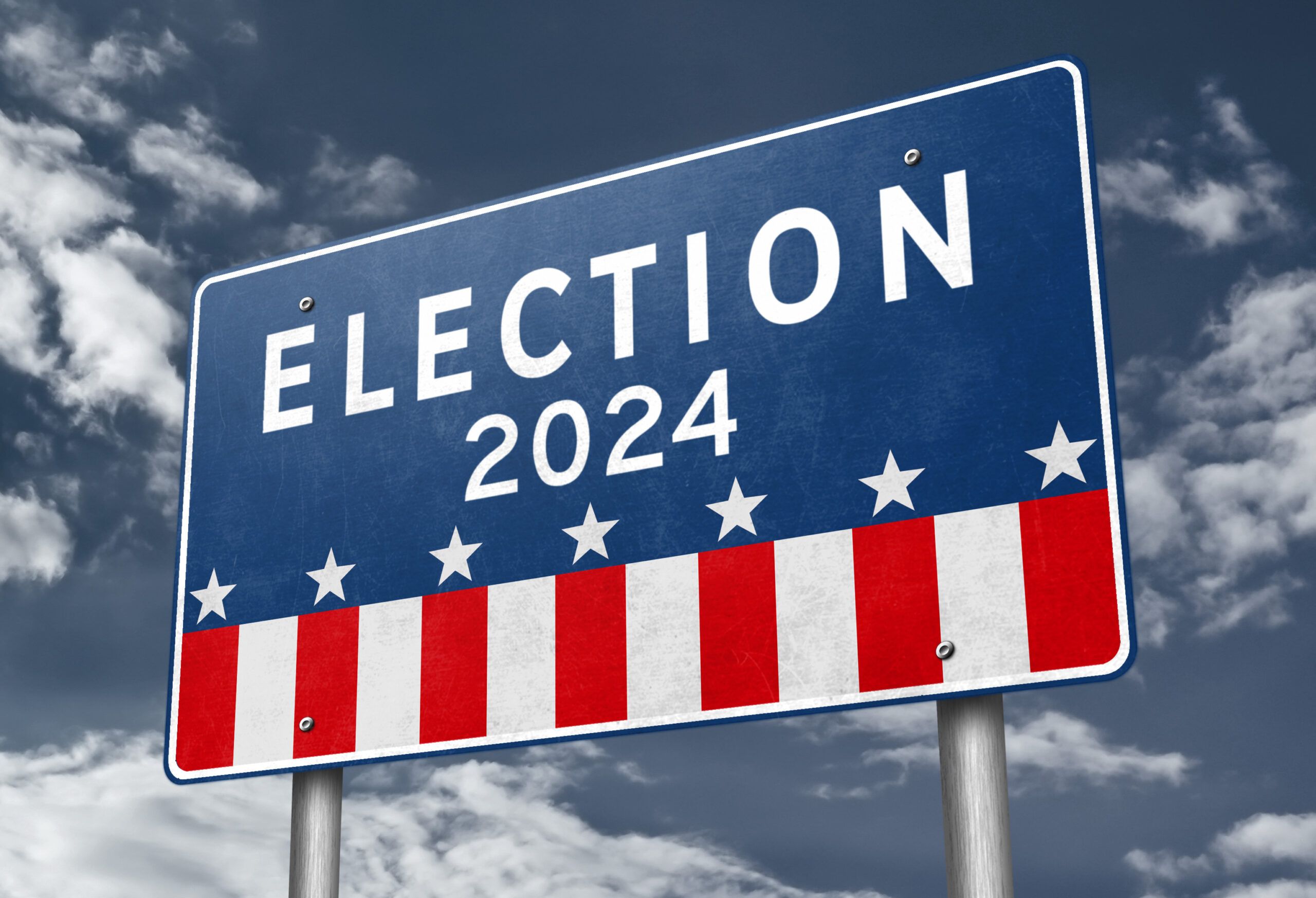Fraud confounds employers, workers, CDLE
In 2019, the Colorado Department of Labor and Employment experienced 99 cases of unemployment fraud. Fast forward a year, and the department has now received 1.1 million cases.
The state’s unemployment system, already stressed by pandemic levels of joblessness overlaid on the internal machinations required to launch a long-overdue computer system upgrade to handle unemployment claims, is now faced with having to deal also with massive fraud on a scale never before seen.
And Colorado isn’t alone. Unemployment systems across the nation are facing similar circumstances.
Daniel Chase, CDLE chief of staff, told attendees at a Thursday webinar hosted by the Fort Collins, Loveland and Greeley chambers of commerce that the department is trying to take the problem in stride and keep money from flowing where it doesn’t belong.
“We can’t prevent a fraudulent claim from being filed. Upon being filed, our aim is to prevent payment [on those fraudulent claims,] he said.
The state’s system and those in other states are victims of a sophisticated effort to defraud states and businesses of unemployment resources. Left unchecked, businesses would be on the hook for thousands of dollars in increased unemployment insurance premiums.
Chase said the state’s database of employment information has not been breached, and neither have the personnel systems of individual employers, although some employers feel like they have been because of the sheer number of bogus claims filed.
Rather, the state believes that computer hacks over multiple years of many large entities such as Equifax, Target and others have enabled fraudsters to accumulate the data needed to file false claims. The 2017 breach of credit-monitoring agency Equifax, for example, resulted in the personal data — names, Social Security numbers, and more — of 147.9 million Americans to be put at risk.
The fraudulent unemployment claims experienced in Colorado and other states include accurate information as to names, Social Security numbers and salary history needed to establish the basis for an unemployment claim. But to receive payment on a claim, first the state seeks to verify the claim with the employer, and that’s where most of the bogus claims are being caught. Those accounts are then frozen and no money paid.
“Only a fraction of a percent of those [frozen accounts] have requested release of the fraud hold,” Chase said, which tells the state that they’re likely catching most of them.
But it all takes time that otherwise would be spent processing valid claims, resulting in a slowdown of legitimate payments.
“Our No. 1 job is to get payments to eligible claimants; this has impacted that,” said Joe Barela, the CDLE director, who said there are more fraudulent claims than real claims.
Phil Spesshardt, CDLE benefits services manager, said what has confused a lot of employers and employees affected by the scams is that state unemployment paperwork doesn’t necessarily stop when fraud claims are reported.
Spesshardt said the best and most efficient approach when notified of a potentially fraudulent claim is to complete the fraud report available on the state website. Filing paperwork manually likely will not be seen in a timely manner, he said.
People also should put a fraud alert on their credit reports and invest in a credit-monitoring service, the CDLE advised.
Employers need to respond quickly when notified, Spesshardt said, and they need to appeal any state decision that isn’t correct.
Because of how data was moved from the state’s former unemployment system to the new system implemented in the past couple of months, some paperwork is still generated automatically, which is confusing. The state is working to correct those issues, he said.
“If benefits were paid, your account will be re-credited for any benefits that might have been [fraudulently] paid. Payment of fraudulent benefits will not affect your unemployment insurance rates,” he said.
Employers who wonder whether a fraud report has been recorded properly for their business should monitor quarterly charge reports. Trying to call the agency will likely result in frustration because there are too many fraudulent and real claims occupying staff attention.
Employees who receive bogus 1099G statements should go online to CDLE and request corrected statements.
Employees who receive U.S. Bank ReliaCard debit cards tied to fraudulent claims should cancel those cards with U.S. Bank, the agency said. ReliaCards are generated automatically but won’t be funded if a claim is put on hold. However, if a fraudulent claim does make it through, the fraudster can convert the unemployment account from debit-card payments to direct deposit in a bank account that he or she controls.
Spesshard said that CDLE is finding that some small businesses hit with claims are also experiencing fraudulent bank and PPP loans in their company name.
Chase said that CDLE’s focus has been trying to stop fraudulent payments and has made headway. Now, it is communicating with employers and will also be working with law enforcement to prosecute fraudsters. If they can be found.
© 2021 BizWest Media LLC
In 2019, the Colorado Department of Labor and Employment experienced 99 cases of unemployment fraud. Fast forward a year, and the department has now received 1.1 million cases.
The state’s unemployment system, already stressed by pandemic levels of joblessness overlaid on the internal machinations required to launch a long-overdue computer system upgrade to handle unemployment claims, is now faced with having to deal also with massive fraud on a scale never before seen.
And Colorado isn’t alone. Unemployment systems across the nation are facing similar circumstances.
Daniel Chase, CDLE chief of staff, told attendees at a Thursday webinar hosted by the Fort Collins,…




